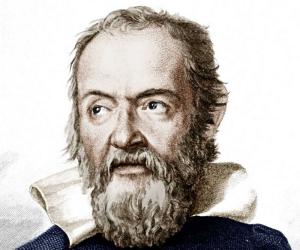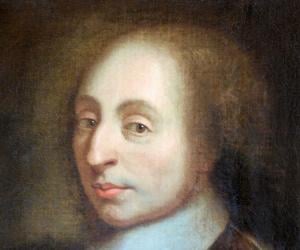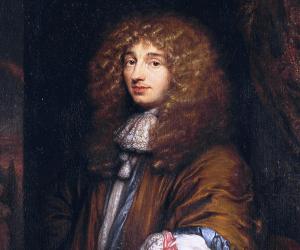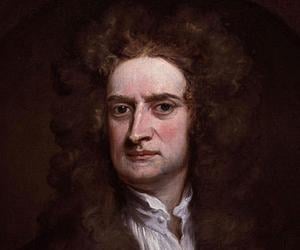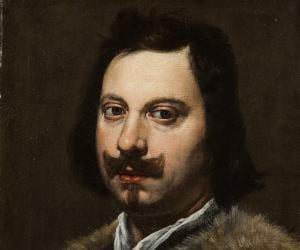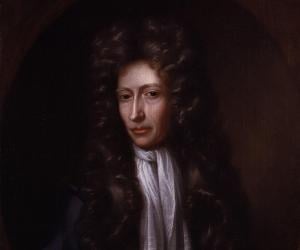An Italian astronomer, engineer, and physicist, Galileo Galilei is widely regarded as the father of observational astronomy, the father of the scientific method, the father of modern physics, and the father of modern science. He is credited with popularizing the telescope, which changed the course of history.
This 17th-century German mathematician, astronomer, and astrologer is remembered for his pathbreaking work on optics. He invented a developed version of the refracting telescope. He also laid down Kepler's laws of planetary motion and wrote Astronomia Nova, Harmonices Mundi, and Epitome Astronomiae Copernicanae.
Blaise Pascal was a French physicist, mathematician, philosopher, and inventor. A child prodigy, Pascal's work on projective geometry, at the age of 16 is commendable. He is one of the earliest inventors of the mechanical calculator, which he did when he was still a teenager. His work on probability theory influenced the development of social science and modern economics.
From proposing the wave theory of light to discovering the actual shape of the rings of Saturn and inventing the pendulum clock, Dutch scientist Christiaan Huygens had contributed a lot to science. Born to a diplomat, Huygens had the privilege of an elite education but remain sickly throughout his life.
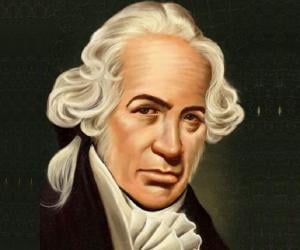
Daniel Gabriel Fahrenheit was a scientific instrument maker, inventor, and physicist. One of the most prominent and influential personalities of the Dutch Golden Age of science and technology, Fahrenheit is credited with many important inventions, including the mercury-in-glass thermometer and Fahrenheit scale. His inventions helped shape the history of thermometry.
One of the most influential and popular scientists of all time, Sir Isaac Newton played a prominent role in our understanding of natural phenomena. He formulated the law of universal gravitation and laws of motion. He also developed the Newtonian telescope among other devices. Apart from science, Newton was also intrigued by religion, occult, and alchemy.
Evangelista Torricelli, a student of Galileo, later made a name for himself as a physicist and a mathematician with his invention of the barometer. He also laid down the Torricelli’s theorem and discovered the Torricellian vacuum. The torr, a unit of pressure, bears his name.
Robert Boyle was an Anglo-Irish chemist, natural philosopher, inventor, and physicist. Regarded as the first modern chemist, Boyle is often counted among the founders of modern chemistry. One of the pioneers of the scientific method, Robert Boyle is also remembered for his books, including The Sceptical Chymist, which is viewed as a keystone book in chemistry.
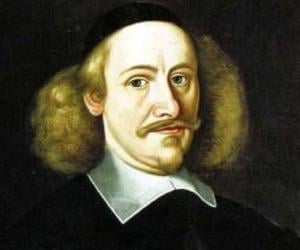
Otto von Guericke was a German inventor, scientist, and politician. He made several significant contributions to the development of the Scientific Revolution. He is also credited with inventing the first air pump which he used effectively to study the phenomenon of vacuum. His studies and observation helped reveal the fact that light unlike sound can travel through a vacuum.
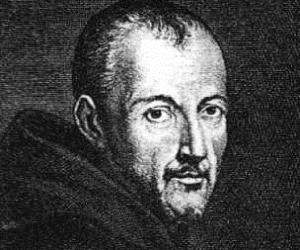
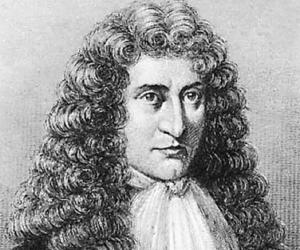
Best remembered for his ground-breaking invention of the pressure cooker, Denis Papin was also the man behind the first piston steam engine, which played a major part in ushering in the Industrial Revolution. Unfortunately, he died a destitute and remains buried in an unmarked grave in London.
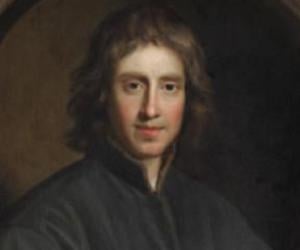
Anglican priest and mathematician William Whiston is remembered for his efforts in popularizing the works of his mentor Isaac Newton. His A New Theory of the Earth aimed at explaining the historical and scientific validity of biblical events. He was also a supporter of Arianism and Primitive Christianity.
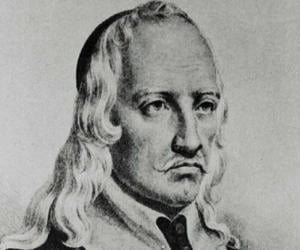
While he matriculated in math and taught the subject later, Giovanni Alfonso Borelli also made pioneering discoveries as a physicist and physiologist. With works such as De Motu Animalium, he revolutionized the field of biomechanics, explaining muscular movements with the help of statics and dynamics.
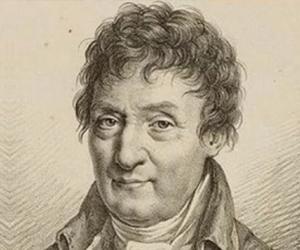
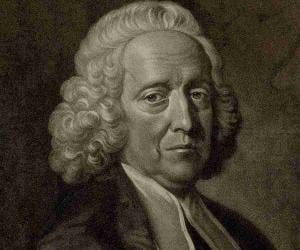
Apart from being a scientist, Stephen Hales was also a clergyman. He went down in history as the first person to quantitatively measure human blood pressure and also discovered transpiration in plants. He also invented surgical and other medical devices. He devoted himself to charitable causes following his wife’s death.
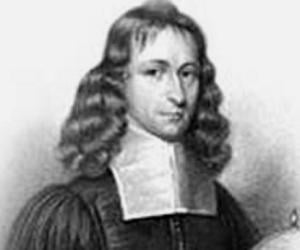
Francis Hauksbee was an 18th-century English scientist. He is remembered for his work on electricity and electrostatic repulsion. He began his career as a draper and may have run his own drapery. He eventually became Isaac Newton's lab assistant and began his scientific career. With time, he gained a reputation as a talented scientific instrument-maker.
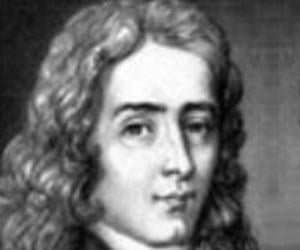
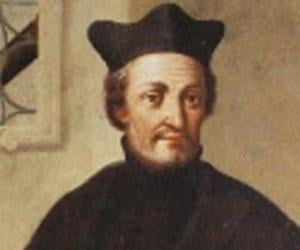
Christoph Scheiner was a Jesuit priest, astronomer, and physicist. He is credited with inventing the pantograph which he demonstrated in Munich after he was invited by Duke William V of Bavaria. Several schools and streets in Germany are named after him. A lunar crater is also named in his honor.
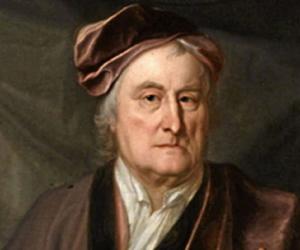
Christopher Polhem was a Swedish scientist, industrialist, and inventor. He is credited with making immense contributions to the industrial and economic development of Sweden, especially mining. His contributions to the technological development in Sweden were honored by King Charles XII of Sweden. Christopher Polhem is also credited with writing essays concerning medicine, astronomy, geology, social criticism, and economics.
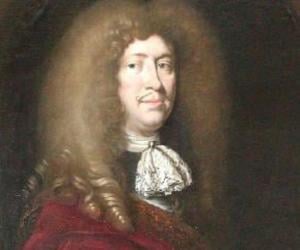
Rasmus Bartholin was a Danish grammarian and physician. He is best remembered for his discovery of the double refraction of a ray of light by Iceland spar. Rasmus Bartholin is also remembered for his association with the University of Copenhagen where he served as a professor of Geometry and Medicine.
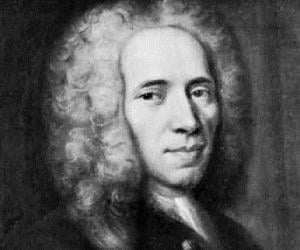
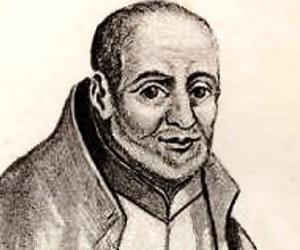
Italian Jesuit, astronomer, and physicist Niccolò Zucchi, who reported spots on Mars, may have been, along with fellow Jesuit Daniello Bartoli, the first who spotted belts on planet Jupiter. Zucchi showed that phosphors generate rather than store light in his book Optica philosophia experimentis et ratione a fundamentis constituta, which includes probably the earliest known elucidation of a reflecting telescope.

